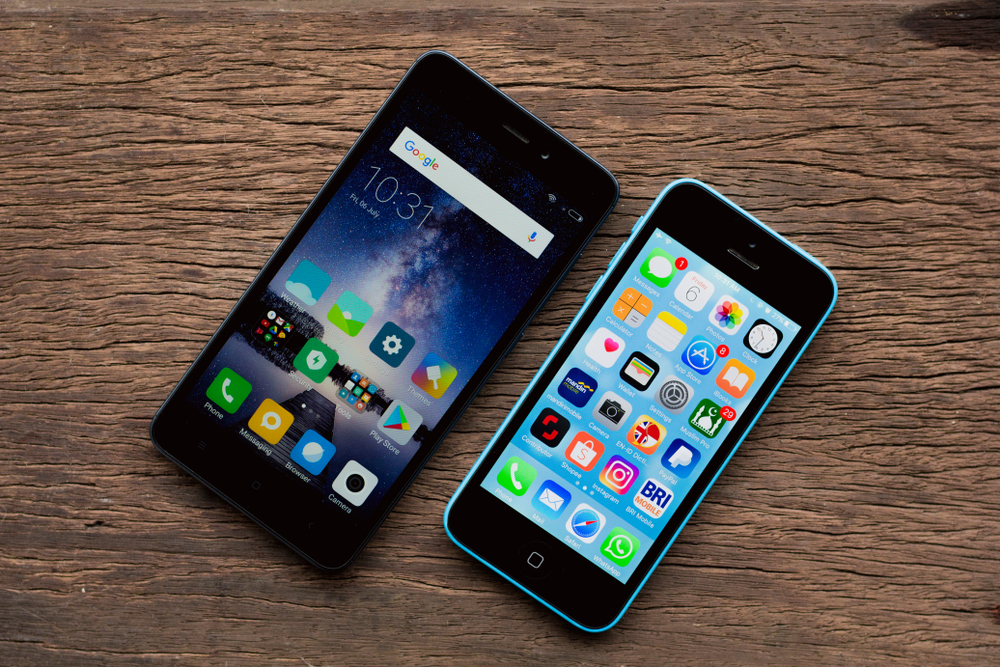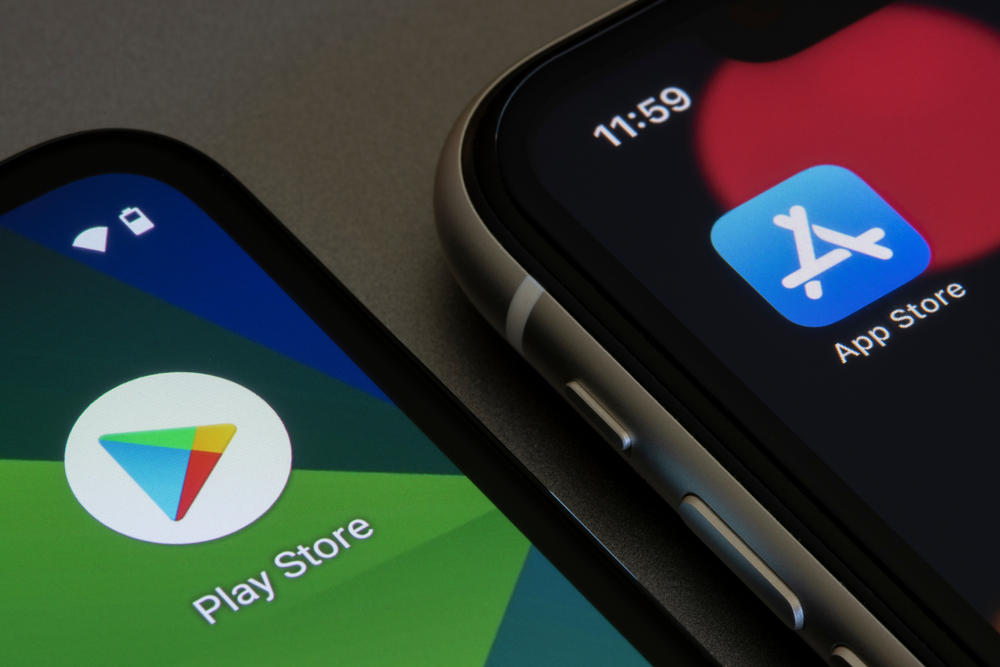
Master the Mobile App Marketing Game: Insider Tips and Tricks for Promotion Success

In today's technologically advanced world, where smartphones have become an integral part of our daily lives, the demand for mobile Google Play or App Store app s is skyrocketing. Whether it's for entertainment, productivity, or convenience, mobile Android or iOS app s have revolutionized the way we interact with our devices. However, with millions of apps available across various platforms, it can be challenging for app developers to stand out from the crowd and attract users to their creations. This is where effective mobile iOS or Android app marketing comes into play. In this article, we will explore some insider tips and tricks to help you master the mobile app marketing game and achieve promotion success.
1. Define Your Target AudienceBefore diving into any marketing strategy, it's crucial to have a clear understanding of your target audience. Identifying the specific demographic, behavior, and preferences of your potential users will allow you to tailor your marketing efforts to appeal to them directly. Consider factors such as age, gender, location, and interests to create targeted campaigns that resonate with your desired audience. By focusing on your target audience, you'll be able to allocate your marketing resources more effectively and increase your chances of success.
2. Optimize Your App Store Listing
Your app's store listing is the initial point of contact for users, so it's vital to optimize it for maximum visibility and appeal. Start with an eye-catching and informative app icon that represents your app's purpose and stands out from the competition. Your app's title and description should include relevant keywords that users are likely to search for, but avoid keyword stuffing.
Additionally, include high-quality screenshots or videos showcasing your app's features and benefits. Positive user reviews and ratings can also boost your app's visibility, so encourage users to rate and review your app after they've had a positive experience. By optimizing your app store listing, you'll increase the chances of users discovering your app organically.
3. Leverage Social MediaSocial media platforms offer a vast and engaged user base that can be tapped into to promote your mobile App Store or Google Play app effectively. Utilize platforms like Facebook, Twitter, Instagram, and LinkedIn to create a strong online presence for your app. Develop engaging and shareable content related to your app's features, updates, and user stories, and leverage relevant hashtags to increase your reach. Collaborate with influencers in your app's niche or industry to expand your reach and credibility.
Additionally, consider running paid advertising campaigns on social media platforms to target specific demographics and gain exposure. These campaigns can be customized based on user interests, location, and other relevant factors to ensure you reach the most interested and potential users. By leveraging social media platforms effectively, you can create buzz and generate interest in your mobile app.
4. Implement App Store Optimization (ASO)Just as search engine optimization (SEO) helps websites rank higher in search engine results, app store optimization (ASO) is essential to improve your app's discoverability within app stores. The goal of ASO is to enhance your app's visibility in relevant search results and increase organic downloads.
To optimize your app for ASO, focus on your app's title, keywords, and description. Research and identify the most relevant and high-volume keywords to include in these areas. Aim to strike a balance between keywords that have high search volume and keywords that have less competition. Regularly analyze your app's performance and make necessary adjustments to optimize your ASO strategy continually.
5. Engage with Your User CommunityBuilding and nurturing a community of engaged users is vital for the long-term success of your mobile app. Encourage users to provide feedback, respond to their queries promptly, and incorporate their suggestions for continuous improvement. Actively participate in app review discussions to address user concerns and build a positive brand image.
Create a user-friendly support system within your app, including FAQs, live chat, or email support. Regularly update your app with bug fixes, new features, and improvements based on user feedback. By engaging with your user community, you not only improve the user experience but also foster loyal users who are more likely to recommend your app to others.
Frequently Asked Questions:
1. How long does it take for a mobile app to gain traction?
The time required for a mobile app to gain traction can vary greatly depending on various factors such as the app's niche, marketing efforts, competition, and user reception. Some apps may gain traction within weeks, while others may take months or even years. Consistent and targeted marketing efforts, coupled with a quality app that fulfills user needs, can accelerate the traction-gaining process.
2. Should I focus solely on one app store, such as the Apple App Store or Google Play Store?
While the Apple App Store and Google Play Store are the most prominent app marketplaces, it's advisable not to limit your mobile app's availability to just one store. By expanding your app's presence to multiple app stores, you can reach a broader audience and potentially increase downloads and visibility.
3. Is it necessary to have a website for my mobile app?
Having a website for your mobile app can complement your marketing efforts and provide potential users with additional information and resources. A website allows you to explain your app's features, showcase screenshots, collect email addresses for newsletters, and provide customer support. It also helps in search engine optimization and overall brand presence.
4. What is the significance of app analytics?
App analytics provide valuable insights into user behavior, app performance, and the effectiveness of your marketing efforts. By utilizing app analytics tools, you can track user acquisition, engagement, retention, and in-app activities. This data helps you understand user preferences, identify areas for improvement, and make data-driven marketing decisions.
5. How often should I update my mobile app?
Regular updates are essential to keep your mobile app competitive and responsive to user feedback. Aim to release updates at regular intervals, addressing bug fixes, introducing new features, and improving the overall user experience. Communicate these updates through app store listings and engage with your user community to keep them informed and engaged.
In conclusion, mastering the mobile app marketing game is crucial for achieving promotion success. By defining your target audience, optimizing your app store listing, leveraging social media, implementing app store optimization, and engaging with your user community, you can increase the visibility, discoverability, and popularity of your mobile app. Stay consistent, adapt to user feedback, and continuously refine your marketing strategies to stay ahead in the competitive app market.
Other useful resources
- https://www.appguru24.com/apps-directory/ios/
- https://www.appguru24.com/android-app-promotion/